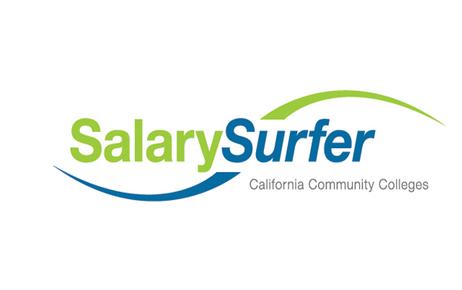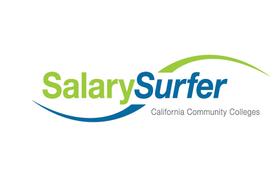Before you apply to college you need to think about what kind of classes interest you so you know which major to focus on. With so many options, out there, however, it can be difficult to make a choice. While it is important to consider your interests and your skills, you also need to be practical – what career will earn you enough money to live the life you want?
What are the Highest Paying Careers?
When you start thinking about attending college, whether you choose a community college or a traditional university, you should have some idea of what kind of career you are interested in. What makes this so challenging is the fact that there are a nearly limitless array of options. With tuition costs ever-increasing, leaving graduates with more debt than ever, it is worth doing a little research to see if the career path you are on will pay enough for you to pay back your loan debt while also covering your cost of living. If you want to make sure that you will have financial security, consider going into one of the highest paying careers which include the following:
- Engineering – According to Bankrate.com, seven out of the top ten highest-paying majors are within various engineering fields. Not only are engineering jobs some of the highest paying jobs out there, but engineers can increase their rate of pay by obtaining additional certifications and licenses such as a Professional Engineering (PE) license. The median












